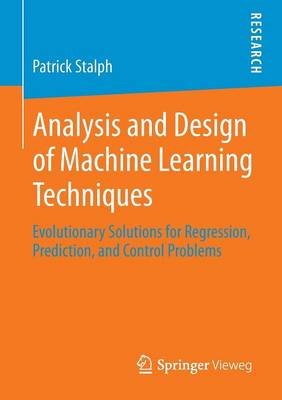(To see other currencies, click on price)
MORE ABOUT THIS BOOK
Main description:
Manipulating or grasping objects seems like a trivial task for humans, as these are motor skills of everyday life. Nevertheless, motor skills are not easy to learn for humans and this is also an active research topic in robotics. However, most solutions are optimized for industrial applications and, thus, few are plausible explanations for human learning. The fundamental challenge, that motivates Patrick Stalph, originates from the cognitive science: How do humans learn their motor skills? The author makes a connection between robotics and cognitive sciences by analyzing motor skill learning using implementations that could be found in the human brain - at least to some extent. Therefore three suitable machine learning algorithms are selected - algorithms that are plausible from a cognitive viewpoint and feasible for the roboticist. The power and scalability of those algorithms is evaluated in theoretical simulations and more realistic scenarios with the iCub humanoid robot. Convincing results confirm the applicability of the approach, while the biological plausibility is discussed in retrospect.
Contents:
Introduction and Motivation.- Introduction to Function Approximation and Regression.- Elementary Features of Local Learning Algorithms.- Algorithmic Description of XCSF.- How and Why XCSF works.- Evolutionary Challenges for XCSF.- Basics of Kinematic Robot Control.- Learning Directional Control of an Anthropomorphic Arm.- Visual Servoing for the iCub.- Summary and Conclusion.
PRODUCT DETAILS
Publisher: Springer (Springer Vieweg)
Publication date: February, 2014
Pages: 188
Weight: 2354g
Availability: Available
Subcategories: Neuroscience

